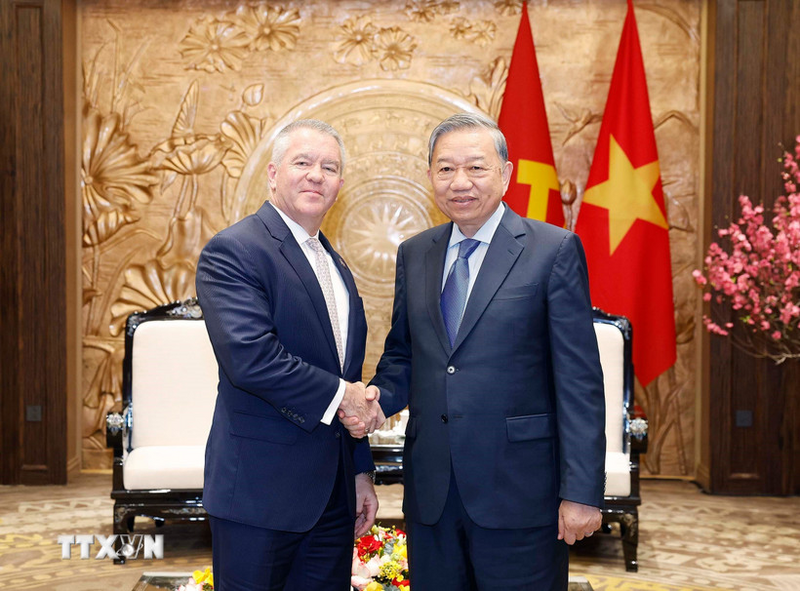
Vietnam ready to deepen comprehensive cooperation with the US
19:05 | 23/03/2025 08:30 | 15/02/2026News and Events
October 25, the United Nations Convention against Cybercrime, officially known as the Hanoi Convention, is being formally opened under the theme “Combating Cybercrime, Sharing Responsibility, Shaping the Future.” The event takes place in Hanoi with great solemnity and strong international attention.
The ceremony gathers representatives from many countries and international organizations, attracting widespread interest from experts and global media. This attention is well justified. Vietnam’s selection as the host of the Convention’s signing, giving it the name Hanoi Convention, is the result of a consistent multilateral foreign policy that has earned broad support from the international community and regional partners. The event demonstrates Vietnam’s capacity, reliability, and prestige in ensuring security, logistics, and organization for a large-scale international gathering.
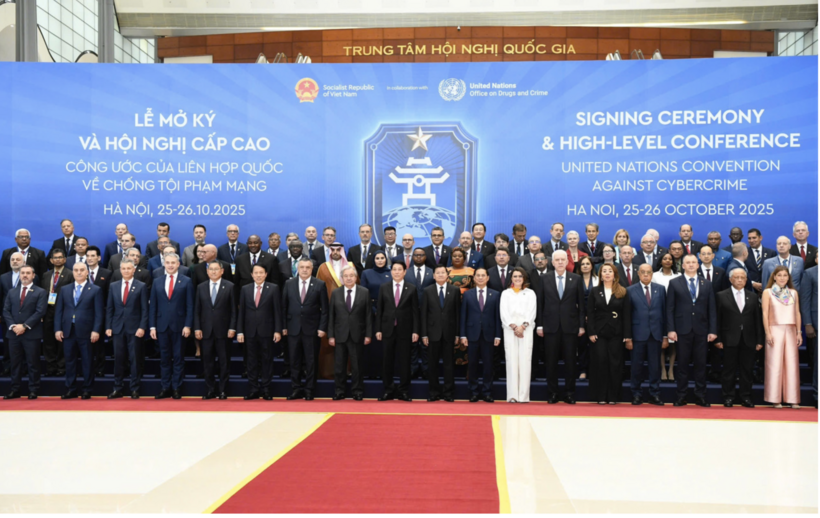
The United Nations Secretary-General and President Luong Cuong posed for a commemorative photo with the delegates.
The United Nations Convention against Cybercrime is widely regarded as the first comprehensive global framework to address cyber threats at a time when digital risks are increasing and cybersecurity systems face growing pressure. The Convention covers a wide range of offenses including online fraud, ransomware, human trafficking, and hate speech, aiming to curb criminal activities that cause trillions of dollars in economic losses each year.
The Hanoi Convention builds upon more than two decades of international initiatives to enhance judicial cooperation and law enforcement in this field. The Budapest Convention on Cybercrime, adopted in 2001, was the first binding international framework on the subject. It now has more than 80 member states, about half of which are outside Europe. The signing of the Hanoi Convention therefore represents an important new milestone.
According to Deputy Minister of Foreign Affairs Dang Hoang Giang, the global and regional situation has become increasingly complex, with cybercrime emerging as a serious threat to national security, sovereignty, and territorial integrity. This situation calls for urgent international cooperation and the creation of a global legal framework to address the challenge effectively.
After eight formal negotiation sessions and five intersessional meetings lasting nearly 30 months, from February 2022 to August 2024, the United Nations General Assembly adopted the Convention by consensus on December 24, 2024. The Hanoi Convention is expected to become a universal and comprehensive legal instrument for member states to work together in preventing and combating cybercrime.
The inclusion of the name Hanoi Convention in the official text reflects recognition of Vietnam’s contributions to the development of this important document. Hosting the opening ceremony is a concrete demonstration of Vietnam’s leadership, responsibility, and commitment to advancing international initiatives on cybersecurity.
The Hanoi Convention elevates Vietnam’s political and diplomatic standing. Being chosen to host the signing of a United Nations convention on cybercrime for the first time affirms that Vietnam is an active and responsible member of the international community.
Vietnam is now engaging not only in addressing domestic cyber issues but also in participating in global discussions, negotiations, and cooperation to deal with cross-border cyber threats. This proactive approach reflects Vietnam’s credibility and capability in confronting organized, transnational, and anonymous cybercrimes that no single nation can handle alone. Such challenges require information sharing, collective action, and international solidarity.
International experts have emphasized the historic significance of the Hanoi Convention and praised Vietnam’s growing role on the global stage.
Professor Carl Thayer from the Australian Defense Force Academy at the University of New South Wales noted that cybercrime has become a pressing global concern. Over the past decade, damages caused by cyberattacks have tripled, from USD 3 trillion to 9 trillion, and are expected to reach USD 14 trillion by 2026 due to the proliferation of digital devices and the rapid development of artificial intelligence. In this context, he said, the adoption of the Hanoi Convention is particularly significant. It is the first United Nations convention in twenty years to address a transnational issue. Vietnam was chosen to host the event because of its proactive role in combating cybercrime. The country currently ranks seventeenth among 194 nations worldwide in cybersecurity capacity, and therefore, according to Thayer, Vietnam can play a leadership role in this field.
Head of the United Nations Office on Drugs and Crime in Vietnam Xiaohong Li expressed confidence and appreciation for Vietnam’s leadership and collective spirit in hosting the Convention’s opening ceremony. She said the event is a milestone that reflects Vietnam’s strong commitment to collective solutions to global threats. Throughout the five years of negotiations, Vietnam acted as a constructive and inclusive partner, helping bridge differences and achieve consensus that led to today’s success in Hanoi.
She also emphasized that the United Nations’ decision to select Hanoi as the venue sends a powerful message of multilateralism in action. Vietnam has demonstrated its credibility and growing influence as a responsible and trustworthy partner that contributes constructively to the work of the United Nations and the international community.
Hosting the signing and implementation of the Hanoi Convention creates new opportunities for Vietnam to strengthen cooperation not only in combating transnational cybercrime but also in other multilateral areas. It is also an opportunity to promote the image of a peaceful Vietnam with a rich cultural identity and hospitable people, welcoming friends from around the world.

19:05 | 23/03/2025 08:30 | 15/02/2026News and Events
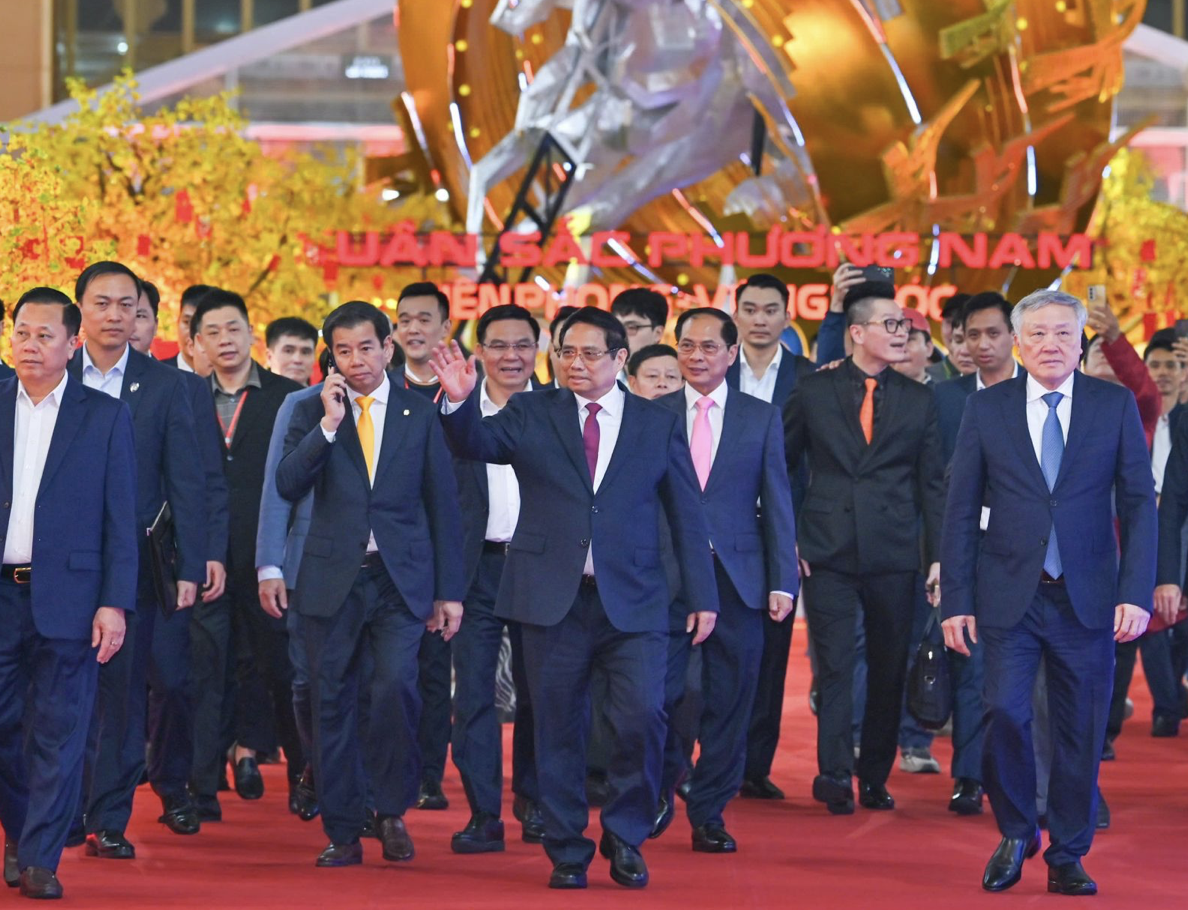
19:05 | 23/03/2025 08:25 | 15/02/2026News and Events
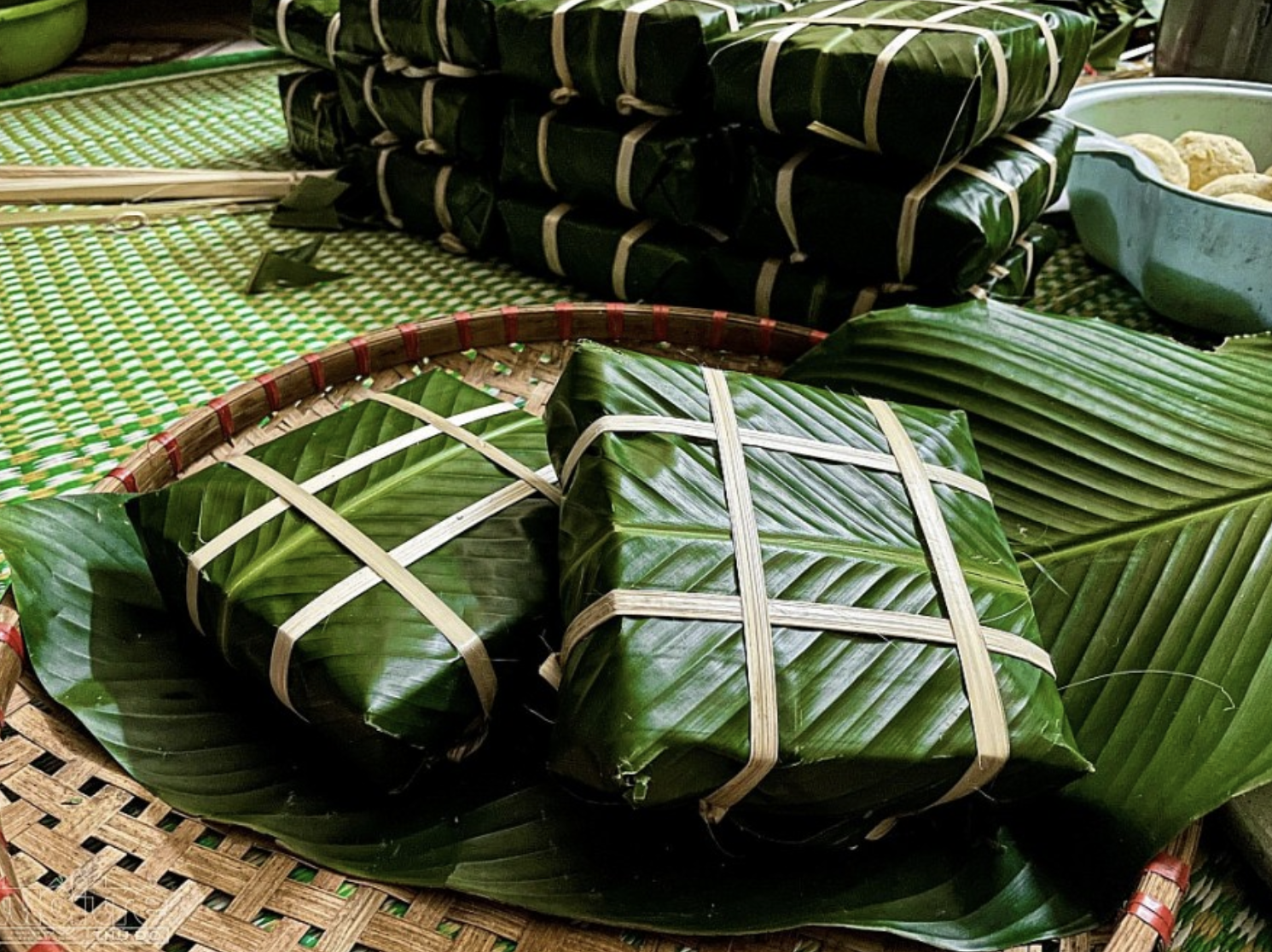
19:05 | 23/03/2025 16:44 | 14/02/2026Tourism
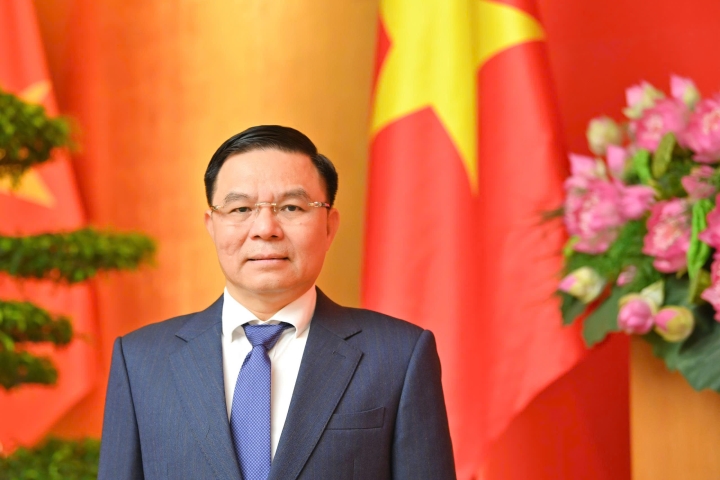
19:05 | 23/03/2025 16:33 | 14/02/2026Home Page
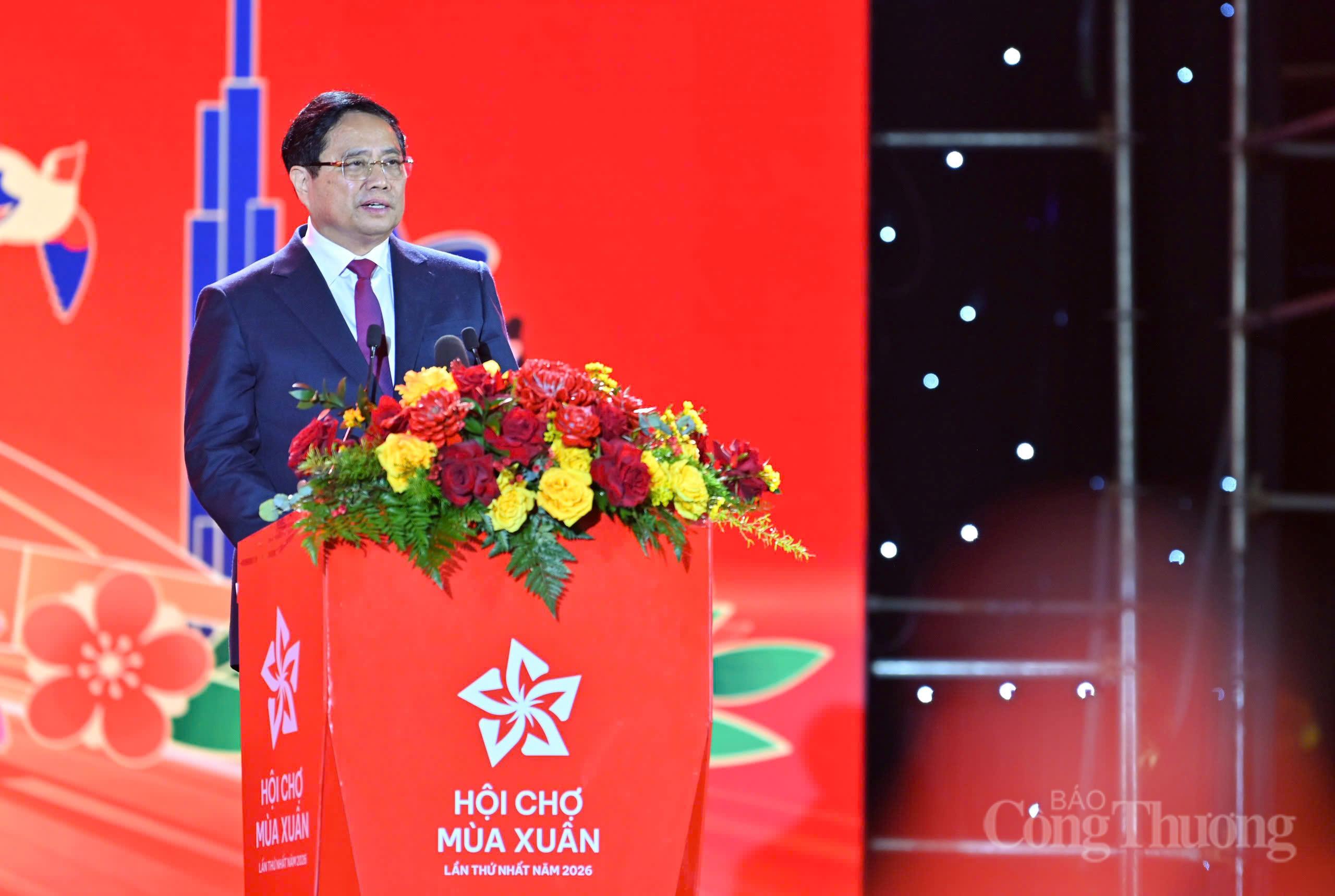
19:05 | 23/03/2025 16:32 | 14/02/2026Trade